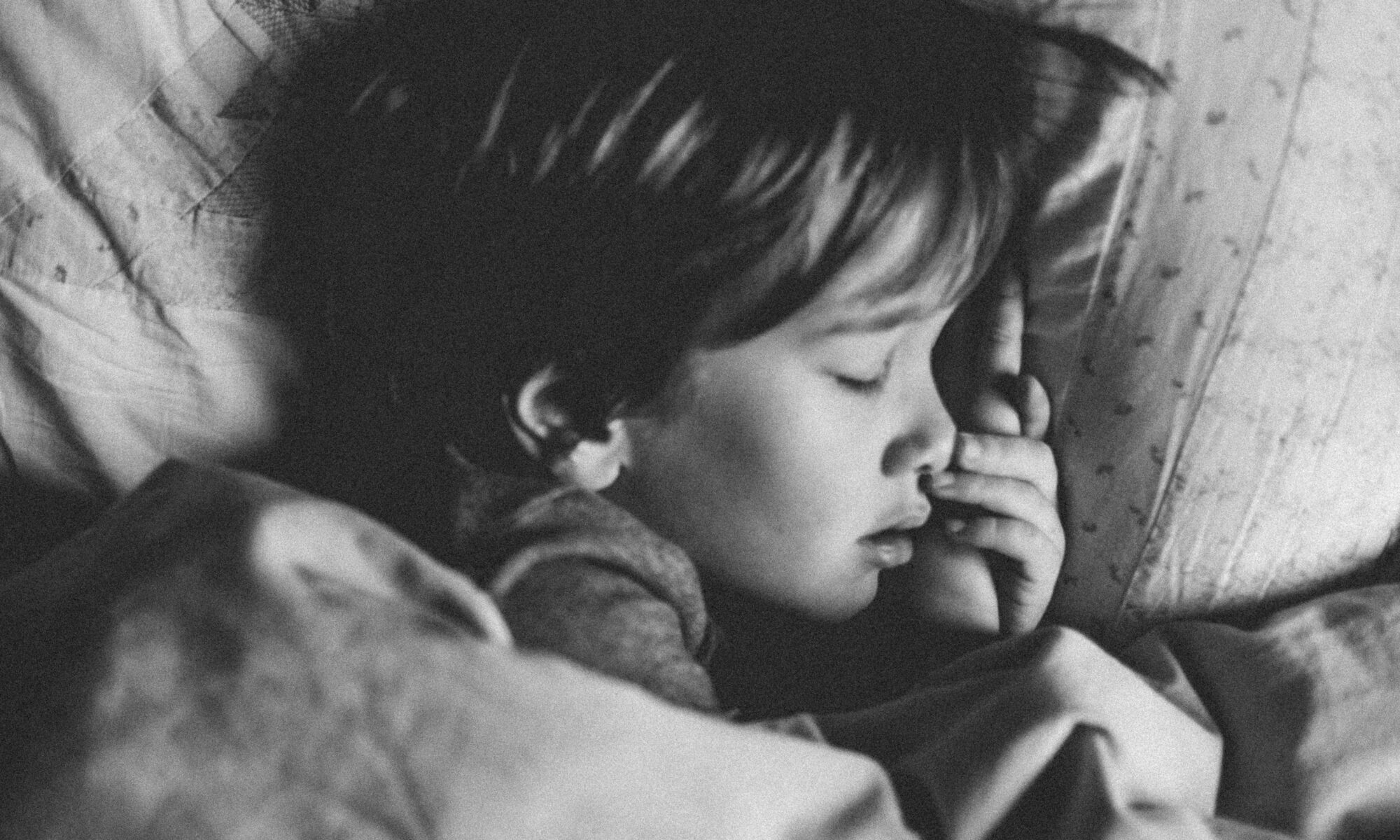Diagnosis and treatment of pediatric sleep-disordered breathing in Los Angeles, CA, can help parents to understand tell-tale signs and symptoms of poor sleep and impaired breathing in their children and to take positive steps to improve their children’s health and wellbeing. Finding a pediatric oral health specialist with advanced training and tools for assessing sleep and breathing issues is often the first step to addressing health and behavioral issues, such as excessive daytime sleepiness, irritability, hyperactivity, and learning difficulties.
Causes & Concerns
The term sleep-disordered breathing refers to the disruption of normal, restful sleep due to impaired breathing. Most people associate sleep disorders with the condition known as sleep apnea, which is caused by abnormal relaxation of muscles in the airway during sleep. However, sleep-disordered breathing refers to a broader range of potentially unhealthful conditions of the oral cavity and airway, leading to unrestful and unhealthy sleep. While sleep apnea is one such condition, others include a narrow palate, small dental arches, and an anatomically constricted airway.
Pediatric dental specialists are trained to assess anatomical and functional conditions that may contribute to restriction of the airway and less than optimal airflow and breathing. Sometimes, these conditions exist at all times of day but become more problematic during sleep. This may be due to postures and head positions only assumed during sleep (that is, when not standing or physically active), or there may be other factors at play.
Impaired breathing during sleep is not healthful and, if left unaddressed, can negatively impact childhood development and performance and lead to permanent health effects in adulthood.
Diagnosis of Sleep-Disordered Breathing
Typically, the diagnosis of disordered sleep breathing is the result of observation and reports by parents and professional assessment by pediatric specialists. It is quite common that a pediatric dentist will receive a referral for potential problems from a speech pathologist or occupational therapist who may notice certain characteristic signs and symptoms that require follow-up.
The pediatric oral care specialist takes a health report and conducts a physical and functional exam, focusing on the oral cavity and airway and other factors, such as facial appearance and head & neck posture. A more detailed examination may include airway imaging and referral to a pediatrician or ear, nose, and throat specialist (ENT) or sleep specialist.
The important point to emphasize is that diagnosing sleep-disordered breathing (including the possibility of sleep apnea) usually draws upon the expertise of more than one specialist.
Treating Sleep-Disordered Breathing in Children
Ideally, treating sleep-disordered breathing involves a multidisciplinary approach, combining the knowledge and resources of a team. Some conditions may be treated adequately by the dental specialist through an in-office procedure or with the prescribing of an oral appliance. Sometimes, a medical or surgical approach may be indicated, which may require referral. In many cases, it is also helpful to include ongoing functional therapy with an oral-myofunctional therapist, speech pathologist, and cranio-osteopath to reinforce positive behaviors in the treated child and ensure durable results.
If your child is not getting restful sleep or is showing signs or behaviors (at home, at school, at play) that suggest possible problems with normal, unobstructed breathing, speak to your pediatric oral health specialist or pediatrician.

